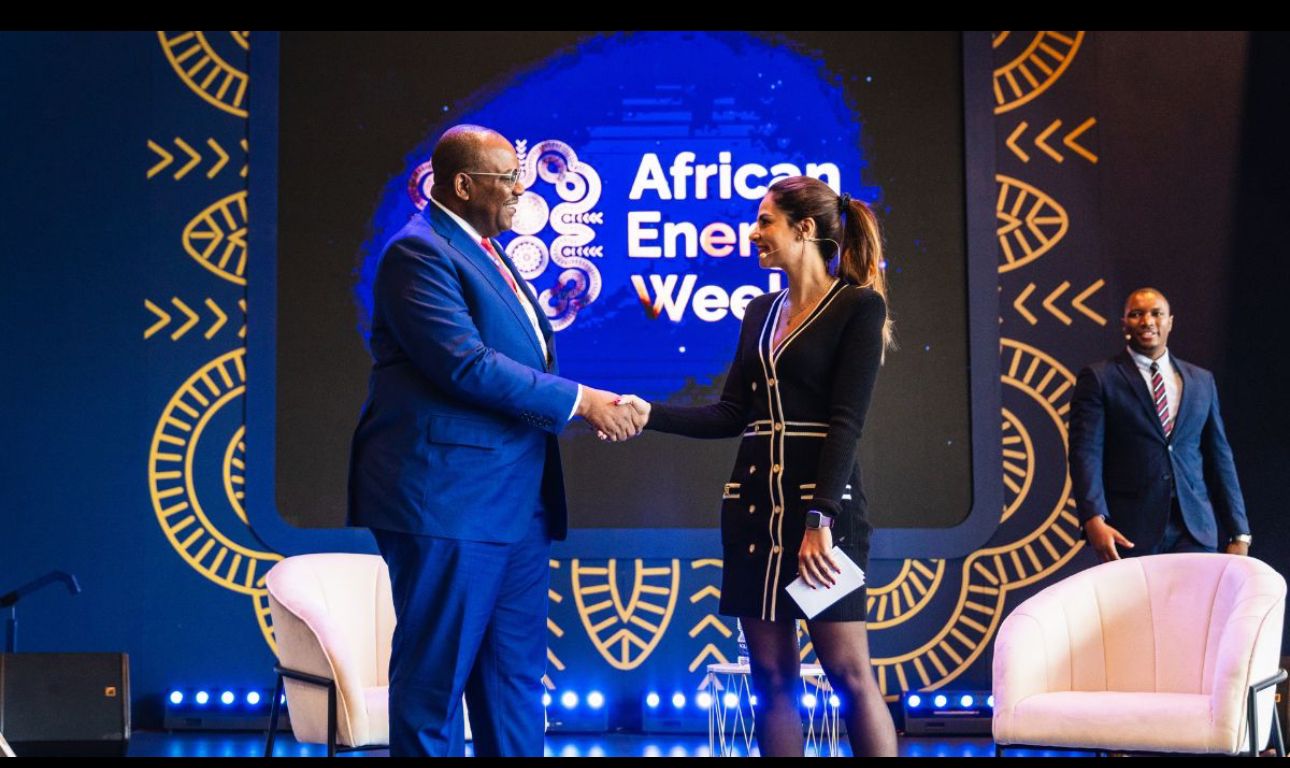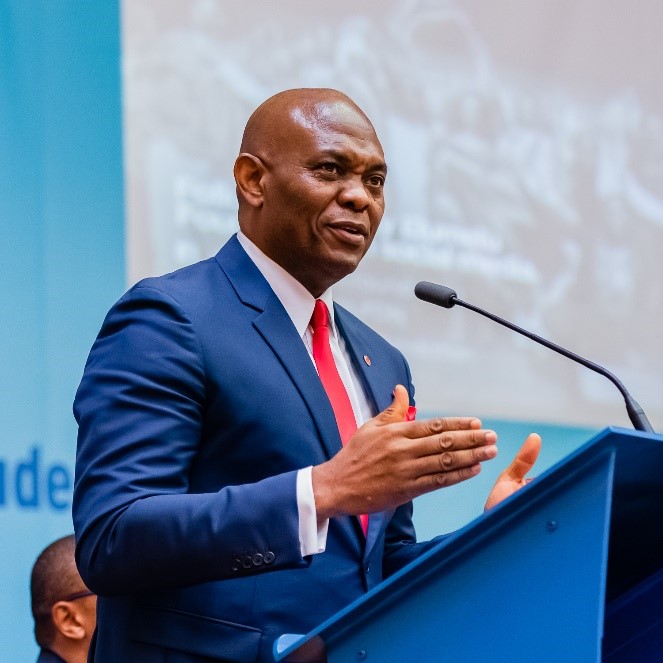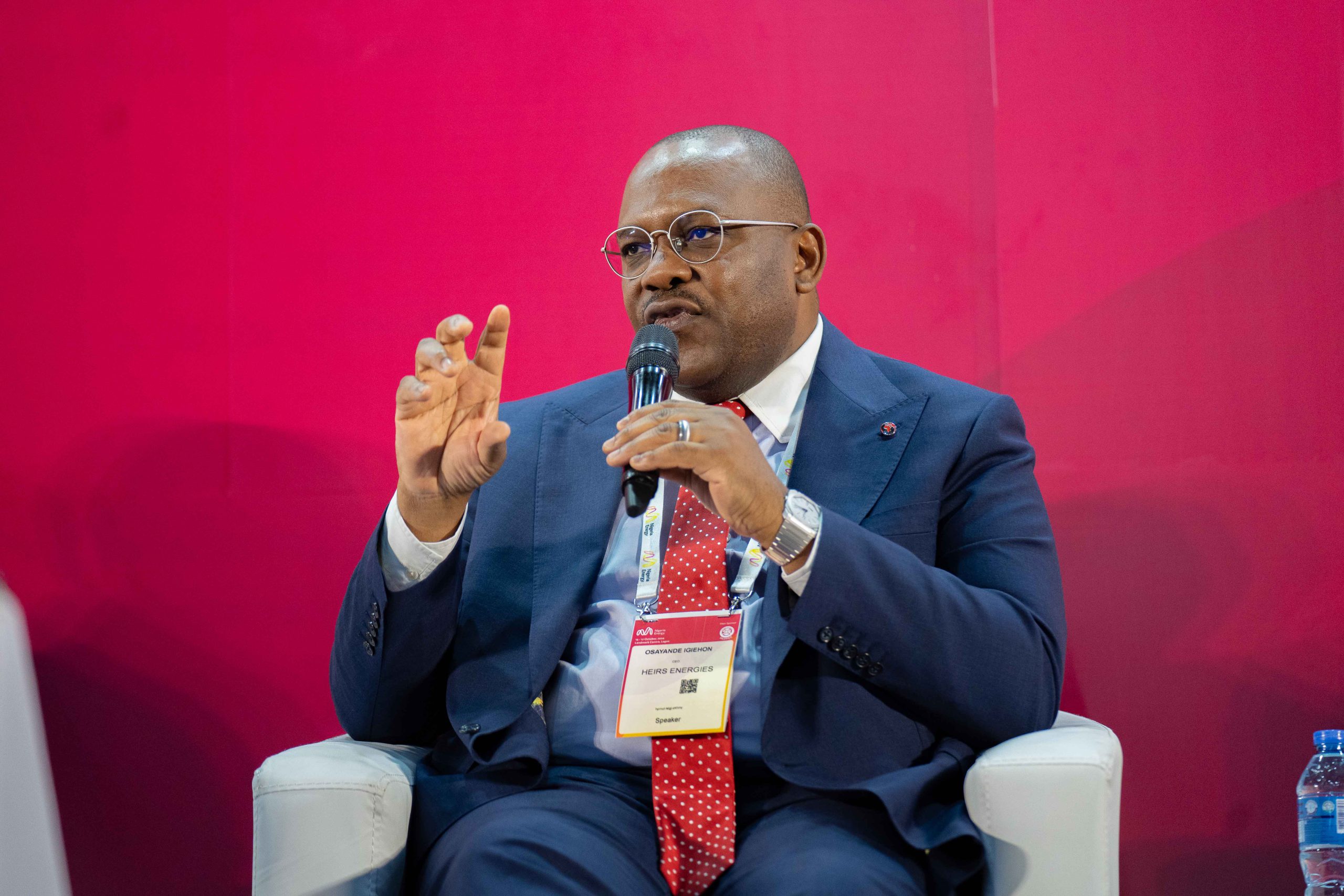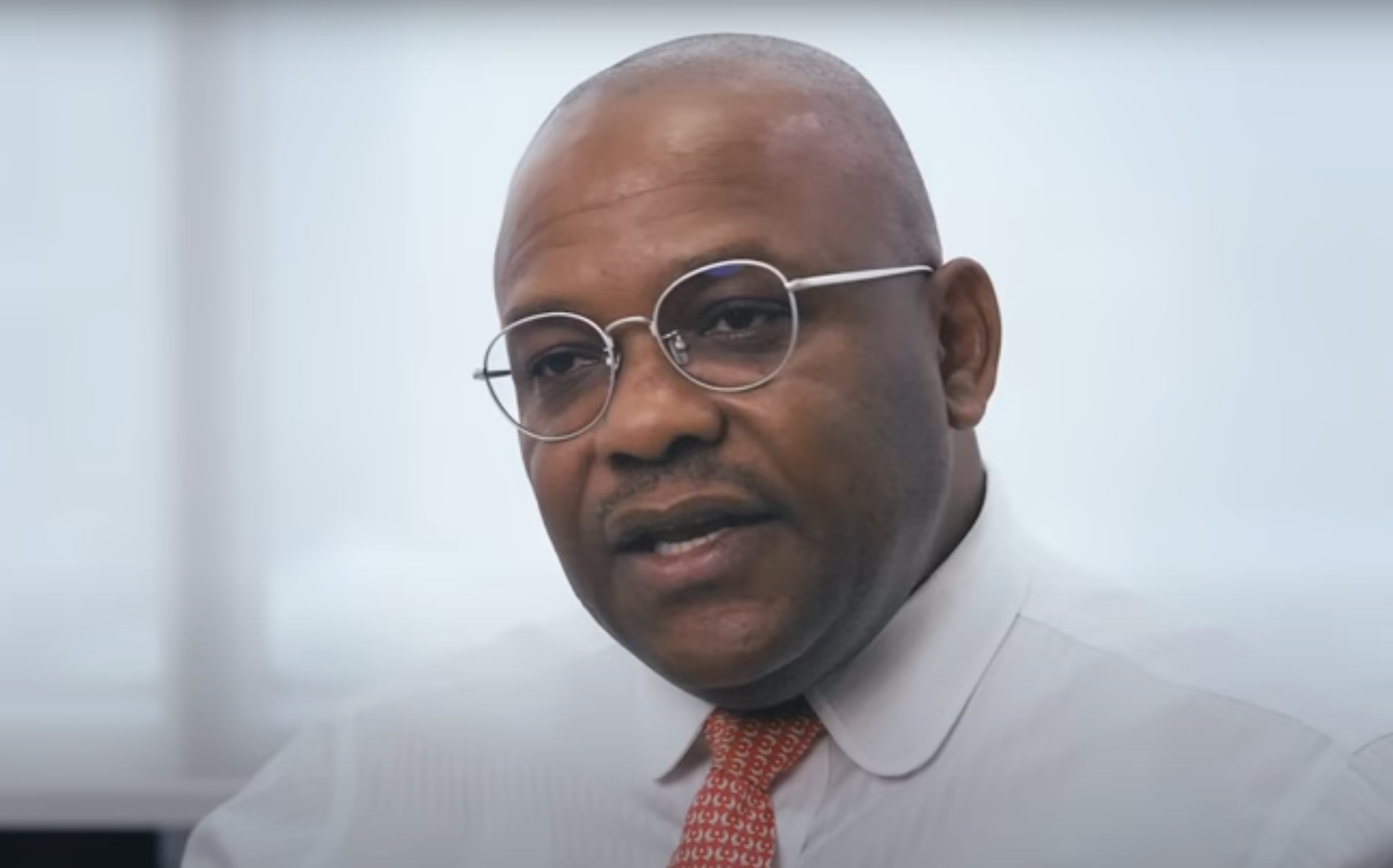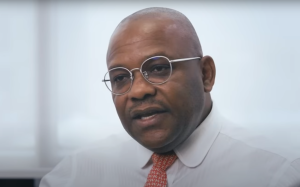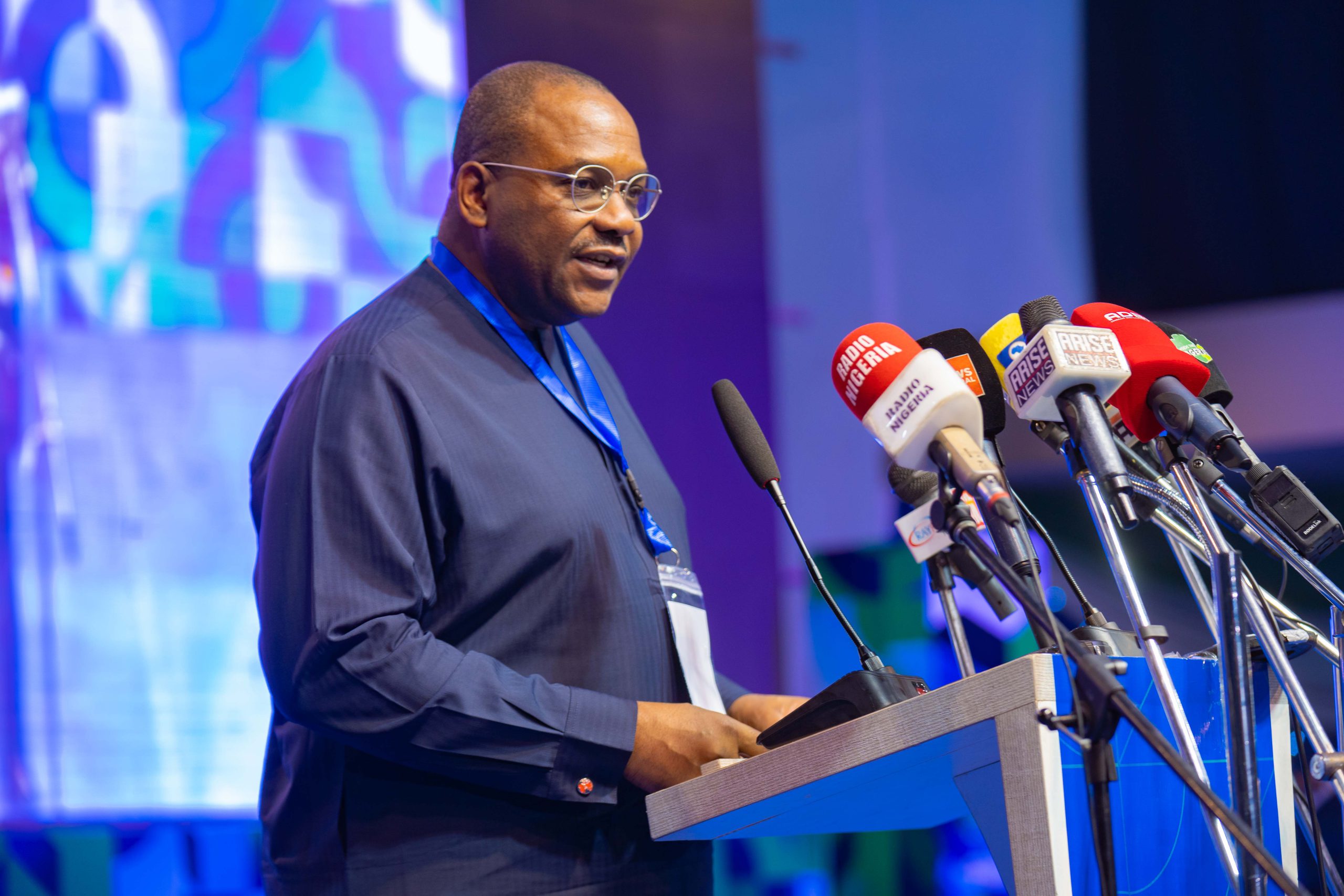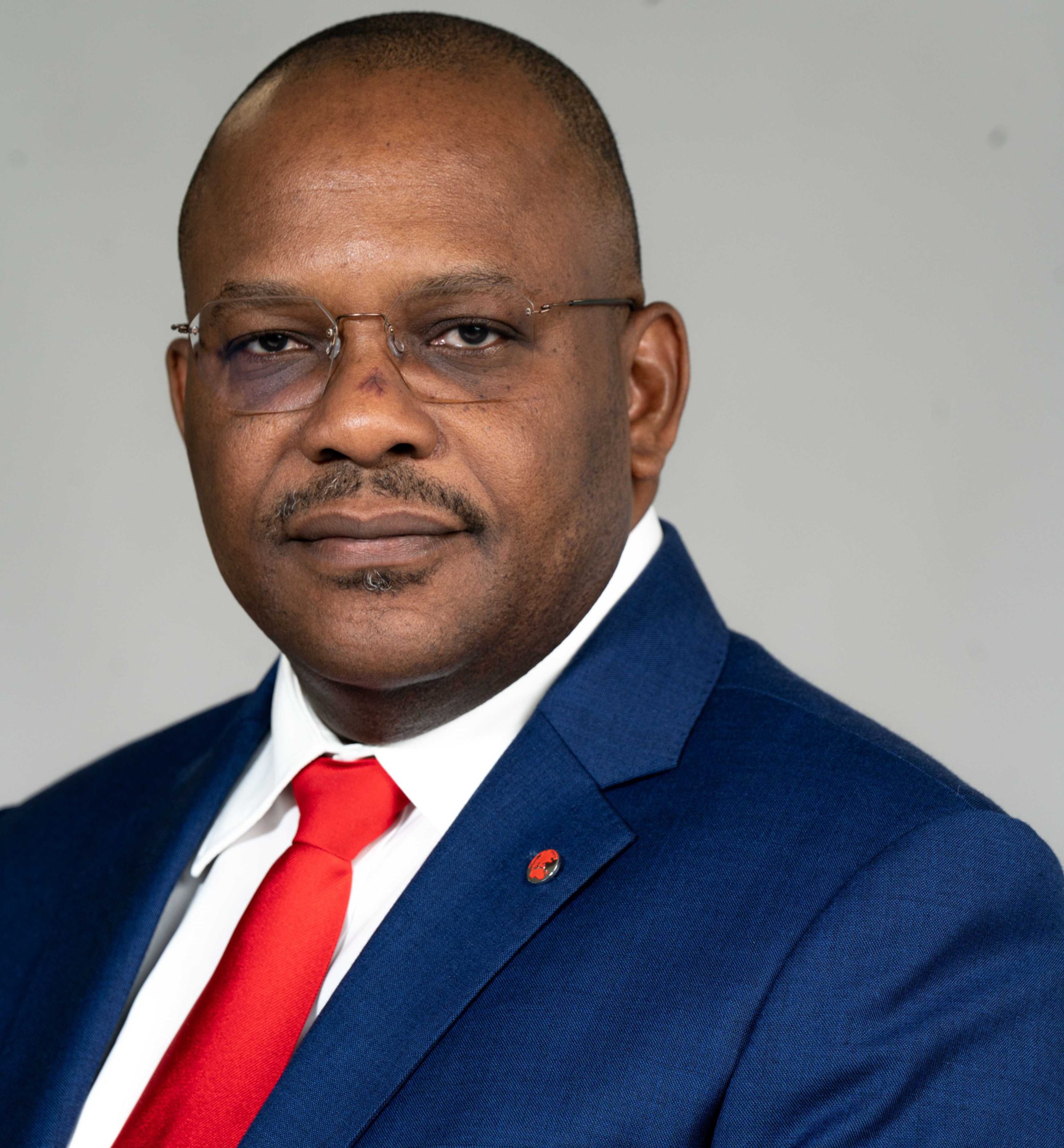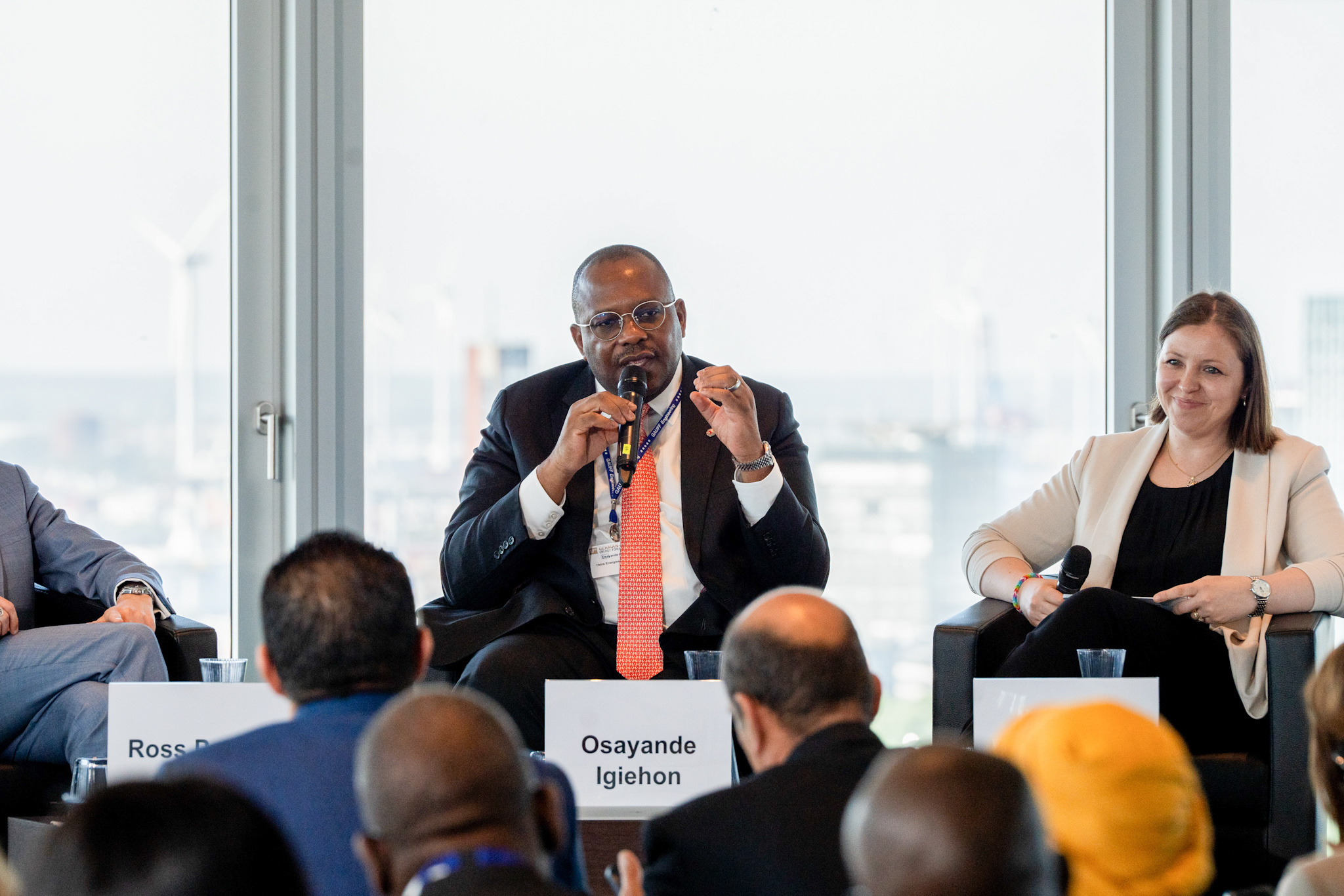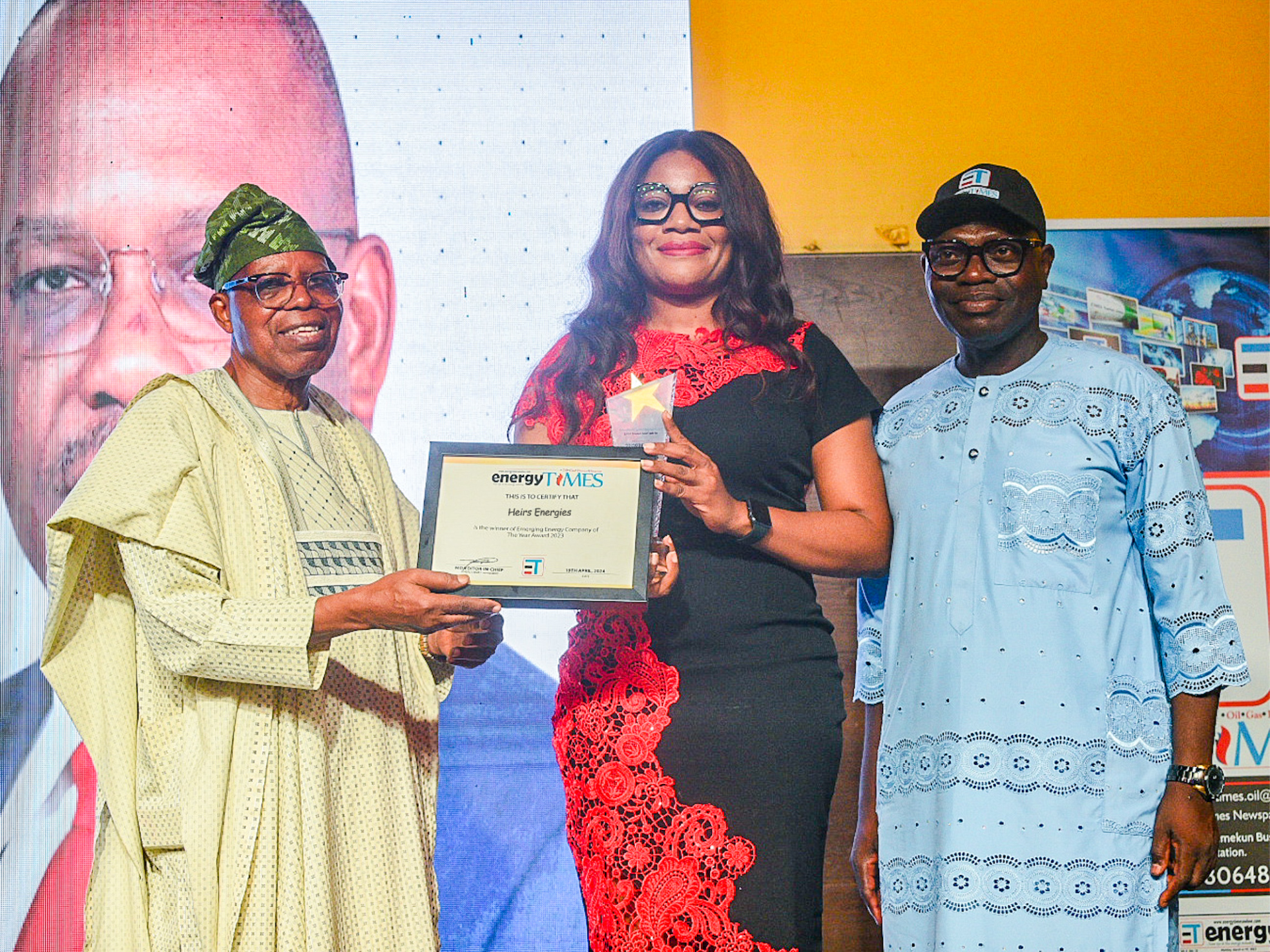Full Speech: Osayande Igiehon, CEO Heirs Energies (Representing Mr Tony O. Elumelu CFR, Chairman UBA, Heirs Holdings and Transcorp Plc) at the Niger Delta Stakeholder’s Summit 2024 at Obi Wali International Conference Centre, Port Harcourt, 12th July 2024 on “Renewed Hope for Sustainable Development In The Niger Delta”
His Excellency, Bola Ahmed Tinubu, GCFR
The President, Commander-in-Chief, Federal Republic of Nigeria
Dr Goodluck Jonathan, GCFR, Former President, Federal Republic of Nigeria.
Senator Godswill Akpabio, CON, President of The Senate
All other protocols observed.
Good morning distinguished guests, stakeholders, and fellow proud sons and daughters of the Niger Delta.
It is a great honor to be here with you today, on behalf of Mr. Tony Elumelu CFR.
We congratulate the Board and Management of the Niger Delta Development Commission (NDDC) for hosting this epoch summit, to deliberate on the Niger Delta, the Renewed Hope agenda of our dear President Tinubu and how this agenda will bring sustainable development to the Region.
As many of you know, Mr. Elumelu hails from Delta State and is a passionate believer in the tremendous potential of the Niger Delta and its people. Being Edo myself, I am quite pleased for this opportunity to give our reflections on this important theme.
The Renewed Hope Agenda is the transformative platform of our dear President Tinubu, which is hinged on the core pillars of Democracy, Development, Demographics, and Diaspora Engagement.
Classically, sustainable development refers to the ability to meet the needs of the present generation without compromising the ability of future generations to meet their own needs.
Furthermore, the United Nations has developed a Sustainable Development Goals Program with several key objectives that are crucial to the development of the Niger Delta, namely addressing poverty and hunger; providing health, education, and decent work; providing infrastructure and affordable energy; making communities and cities sustainable; and taking the necessary actions to address the impacts of climate change.
Against this backdrop, we see that the sustainable development of the Niger Delta requires all the stakeholders represented in this summit today – the Federal, State, and Local Governments and their organs and agencies; the private sector; traditional and community institutions; civil society; and the public at large.
The Summit’s theme of “Renewed Hope for Sustainable Development in the Niger Delta” resonates deeply with us, because, for too long, the story of the Niger Delta has been one of unfulfilled potential, environmental degradation, and economic exclusion. And, we believe that a new chapter in the long story is being written – one defined by more sustainable growth, shared prosperity and empowered communities.
The Renewed Hope agenda of Mr President therefore will be pivotal to the advancement of sustainable development of the Niger Delta on many fronts.
Looking at the private sector, we at HeirsHoldings have consistently espoused that the African private sector must play a leading role in Africa’s development. This is one of the key tenets of our philosophy called Africapitalism, which is at the heart of everything we do.
With Africapitalism, we seek to create both economic and social value in all our investments and operations. We measure our success not just by the profits we generate, but by the jobs we create, the businesses we empower, our environmental responsibility and the communities we uplift.
At Heirs Holdings, we are deeply committed to driving sustainable development and creating shared prosperity across Africa. To date, our companies employ over 40,000 people in more than 20 African countries
Here in the Niger Delta, the heartland of Nigeria’s oil and gas industry, we are demonstrating our dedication to the region through our strategic investments and operations. Our oil and gas subsidiary, Heirs Energies Limited, operates significant OML17 in Rivers State. Notably, 100% of the gas produced from OML17 is channeled into the domestic market, providing critical energy supply to power industries, hospitals, homes, and schools across the region. This not only brings economic relief to the people, but also underscores our commitment to catalyzing local development.
In the power sector, Transcorp operates two significant plants in the Niger Delta: the Ughelli Power Plant in Delta State and the Trans Afam Power Plant here in Rivers State. With a combined installed capacity of 3000MW, these investments are strategically positioned to transform lives by expanding access to reliable and affordable electricity.
Our business investments demonstrates our belief that indigenous companies like ours have a unique role and responsibility in driving the Niger Delta’s growth and prosperity, and we are proud to be leading by example.
Beyond our business activities, the Tony Elumelu Foundation has to date empowered over 20,000 young African entrepreneurs, including thousands here in the Niger Delta, providing them with the capital and training to launch and grow their businesses.
As the Head of Heirs Holdings’ Oil and Gas investments, I have had the privilege of working closely with Mr. Elumelu, witnessing his vision and passion for driving Africa’s growth through entrepreneurship and private-sector innovation. He always emphasizes that while the private sector has a vital role, it cannot succeed in isolation. Systemic challenges from infrastructure deficits to skills gaps to a difficult business environment, can stifle even the most promising entrepreneurial spirits.
This situation is evident in many places, including the Niger Delta, where we have been grappling with many challenges over the years, including poverty, environmental degradation, social unrest, and an over-reliance on oil and gas. However, Mr. Elumelu has also instilled in us an unshaken belief that a new future is possible for the Niger Delta – a future where every person can have a decent life, access quality fundamentals of life – food, shelter, healthcare education, etc and be engaged economically; where local businesses can thrive and grow; where communities are healthy, peaceful and resilient; and where the benefits of the region’s vast natural resources are shared equitably.
Achieving this vision will not be easy. It will require all of us – government, business, civil society, and communities – to work together in new ways. It will demand sustained commitment, innovative thinking, and difficult compromises. But I assure you today, it can be done!
We have seen determined leaders and engaged citizens come together to transform even the most challenging circumstances. With the right policies, investments and partnerships, we can build an economy in the Niger Delta that is diverse, inclusive and sustainable. An economy that creates opportunities for all. An economy that harnesses the dynamism of the private sector while ensuring that growth is broadly shared. This is the renewed hope that this moment demands of us.
So, beyond Mt President’s agenda in itself, Renewed Hope is a call to action to all stakeholders, that we should rekindle our interest and intellect, that we should shore up our courage and the resilience that we are known for as Nigerians; that we should face the tasks at hand with resolve and enthusiasm, and with a clear conviction that the challenges of sustainably developing the Delta is possible. And that we should commit to this objectives, under the leadership of Mr President and the critical initiatives being deployed under Renewed Hope agenda.
At Heirs Holdings, under Mr. Elumelu’s leadership and vision, we are fully committed to this task. We stand ready to work with all of you to seize this opportunity and to build a more just, prosperous, and peaceful future for the Niger Delta and all its people.
As a son of the Niger Delta myself, I am energized by the dynamism, creativity, and resilience I see in our young people every day. With the right support and opportunities, they will be the drivers of the region’s rebirth and renewal.
Together, let us seize this moment to make the Niger Delta the pride of Nigeria and the world.
Thank you.
